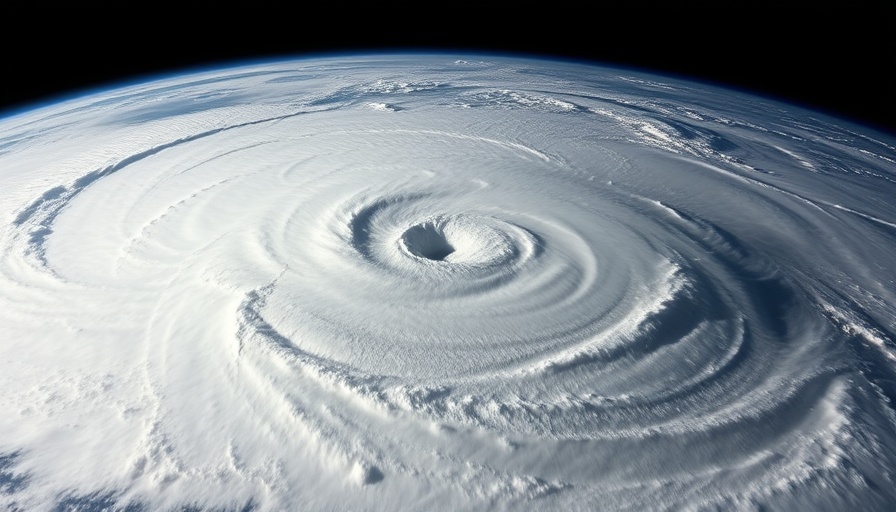
The Urgency of Preparedness Before Storm Season
As the Atlantic hurricane season approaches, Virginia's Governor Glenn Youngkin has emphasized the critical need for citizens to prepare well in advance. His message comes at a time when scientists predict an unusually active hurricane season, potentially bringing numerous storms that could pose significant threats to Virginia's coast. However, the timely call for action stands in stark contrast to the federal government's weakening disaster response framework.
The Impact of Federal Cuts on Emergency Preparedness
The federal government’s recent budget cuts under the Trump administration have caused considerable alarm among disaster experts and local leaders. With cuts to the Federal Emergency Management Agency (FEMA) and the National Oceanic and Atmospheric Administration (NOAA), Virginians are left to wonder about the support they can realistically expect if disaster strikes.
The Trump administration’s focus on shifting disaster recovery responsibilities from the federal government to the states presents significant implications for Virginia and the greater southeast. Residents should prepare not only their homes and emergency kits but also for the potential economic burdens that could befall them in the wake of federal aid limitations.
Understanding the Risks: Forewarnings from Experts
Forecasters from Colorado State University anticipate 17 named storms this season, with nine escalating to hurricane intensity. Such predictions echo the previous year, which was marked by a record number of storms and significant fatalities, including the devastating impacts of Hurricane Helene. With past seasons showing a trend of increased storm severity, preparation is both wise and necessary.
In light of these risks, Virginians must undertake comprehensive readiness efforts, from securing their property to devising family communication plans, ensuring that they are equipped for potential emergencies without relying heavily on federal assistance.
Communicating the Message: The Role of Leadership
While Governor Youngkin correctly urges personal preparedness in dangerous times, his cautious avoidance of criticizing federal policies raises questions about leadership accountability and the efficacy of disaster management strategies at the highest levels. Effective communication about the realities of climate change and storm intensity is vital, not only for immediate preparedness but also for long-term strategies to address climate resilience.
A Call for Local Action and Community Resilience
Now more than ever, community engagement in disaster preparedness is essential. Local governments, community organizations, and citizens must work collaboratively to foster resilience and ensure that critical systems are in place, regardless of federal support. Emphasizing independent readiness and community solidarity can mitigate some of the adverse effects of reduced federal oversight.
In conclusion, while storms will inevitably form in the Atlantic, Virginians must not wait for federal support. Personal preparedness and community initiative are key components in weathering the storms ahead. With leadership advocating awareness and proactive measures, Virginia can navigate this impending hurricane season while prioritizing safety and resilience.
 Add Row
Add Row  Add
Add 




 Add Row
Add Row  Add
Add 

Write A Comment